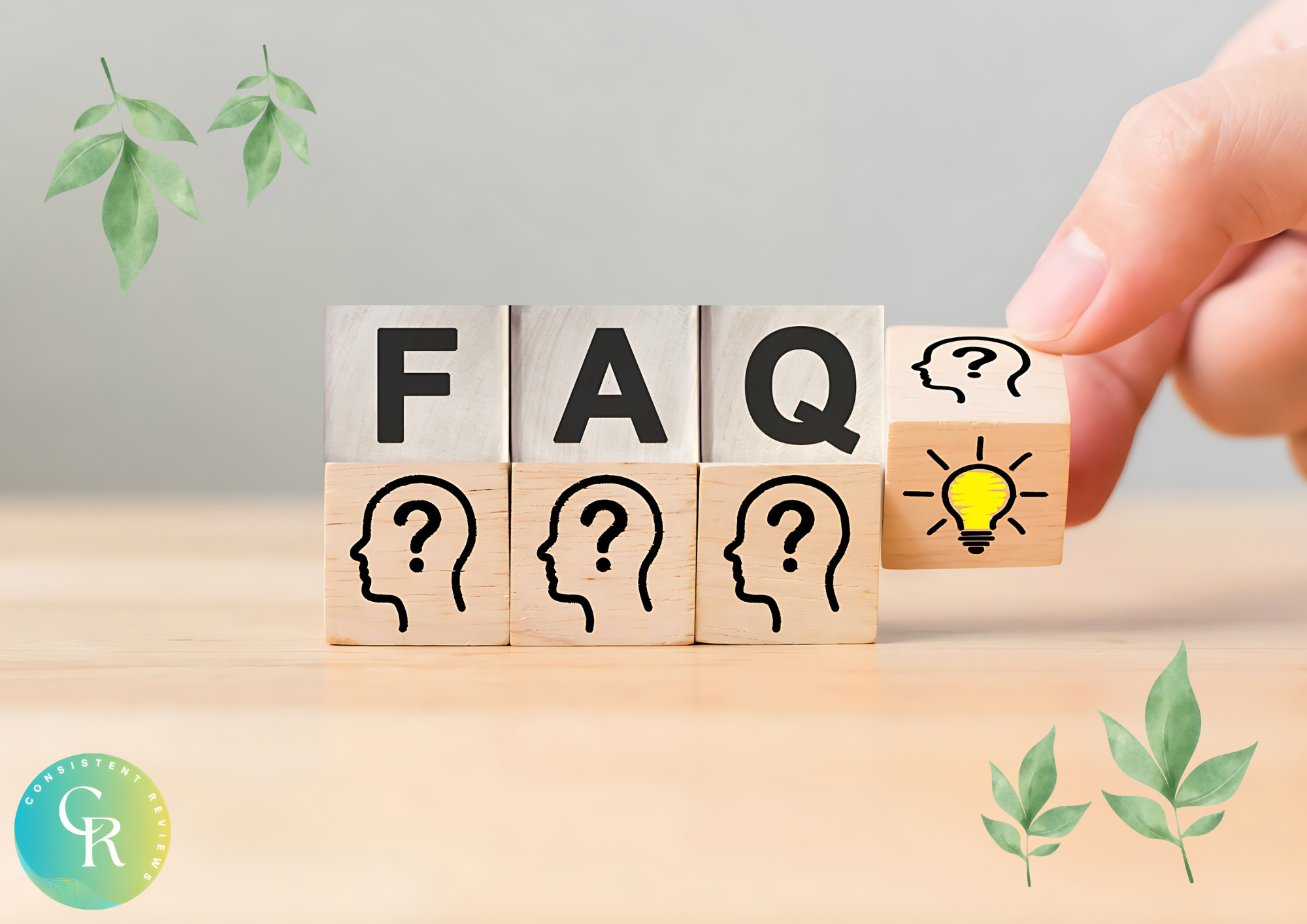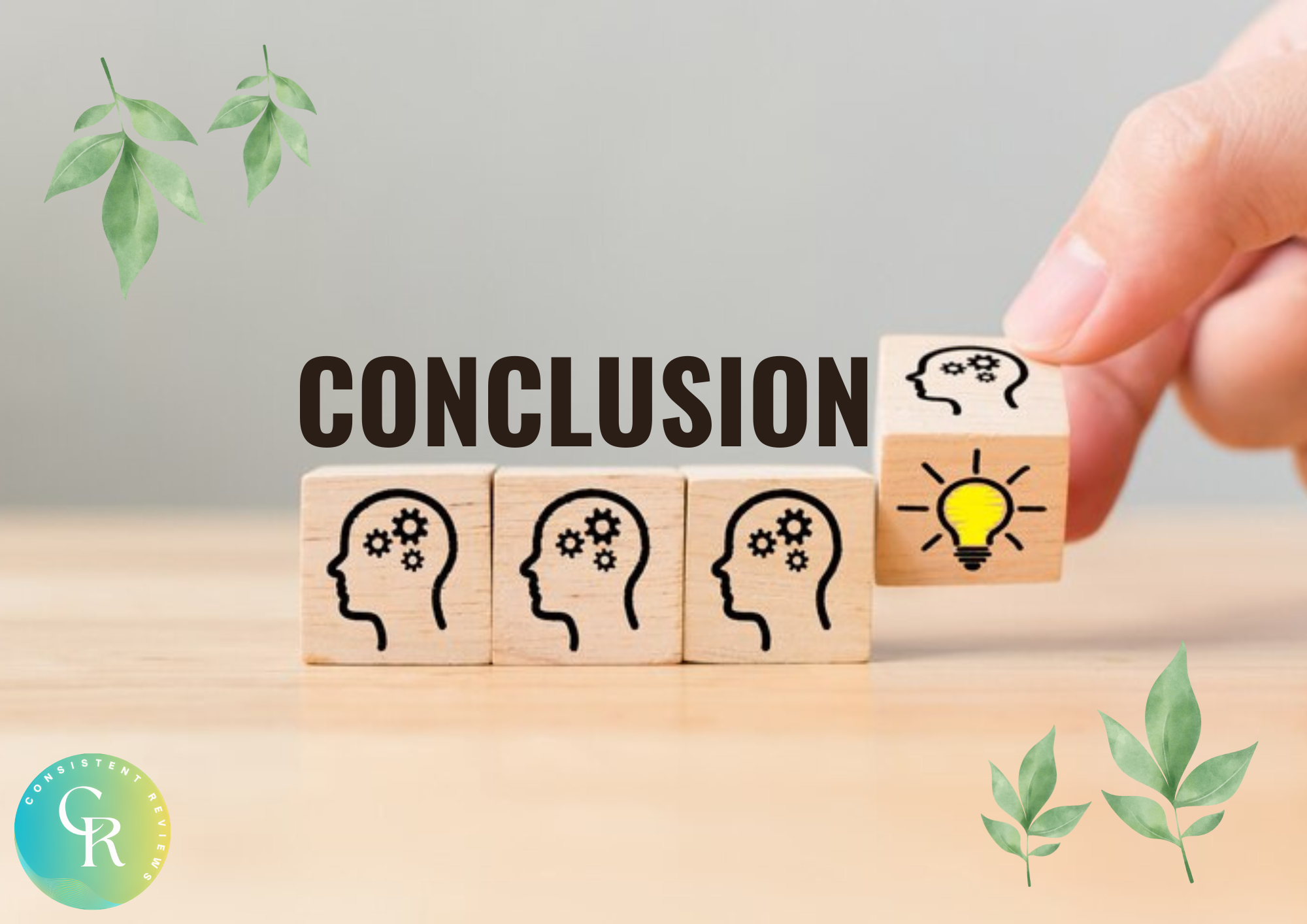Electrolyte drops have become a popular choice for those looking to replenish essential minerals quickly. However, like any health supplement, they come with their own set of disadvantages. This article delves into the potential drawbacks of using electrolyte drops, providing a balanced view for those considering their use.
Key Takeaways:
- Electrolyte drops can lead to overconsumption of minerals, causing health issues.
- They may not be suitable for everyone, particularly those with specific health conditions.
- The convenience of electrolyte drops can sometimes overshadow the importance of a balanced diet.
Understanding Electrolyte Drops
Electrolyte drops are concentrated solutions to be added to water or other beverages. They contain essential minerals like sodium, potassium, magnesium, and calcium, which are crucial for maintaining fluid balance, nerve function, and muscle health. While they offer a quick fix for dehydration, they are not without their pitfalls.
The convenience of electrolyte drops makes them appealing, especially for athletes or individuals with high physical activity levels. However, this convenience can sometimes lead to misuse or over-reliance, overshadowing the importance of obtaining these minerals from a balanced diet.
Overconsumption of Minerals
One of the primary concerns with electrolyte drops is the risk of overconsumption. When used excessively, they can lead to an imbalance of minerals in the body. For instance, too much sodium can increase blood pressure, while excessive potassium can cause heart issues.
It's easy to underestimate the amount of minerals consumed through drops, especially when combined with a diet already rich in these nutrients. This can lead to unintended health consequences, highlighting the importance of moderation and awareness.
Not Suitable for Everyone
Electrolyte drops are not a one-size-fits-all solution. Individuals with certain health conditions, such as kidney disease or heart problems, may need to avoid them due to the risk of exacerbating their conditions. These drops can also interact with medications, leading to adverse effects.
Consulting with a healthcare professional before incorporating electrolyte drops into your routine is crucial, especially if you have pre-existing health issues. This ensures that you are not inadvertently putting your health at risk.
Potential for Misuse
The ease of use of electrolyte drops can sometimes lead to misuse. People may assume that more is better, leading to excessive consumption. This misuse can result in an imbalance of electrolytes, which can have serious health implications.
Education on the proper use of electrolyte drops is essential. Understanding the recommended dosage and the importance of balancing these supplements with a healthy diet can prevent potential health risks.
Cost Considerations
While electrolyte drops are convenient, they can also be costly. Regular use can add up, making them an expensive option compared to obtaining electrolytes through natural food sources. This cost factor can be a significant disadvantage for those on a tight budget.
Exploring alternative sources of electrolytes, such as fruits and vegetables, can be a more cost-effective approach. These natural sources not only provide essential minerals but also offer additional nutrients and health benefits.
Environmental Impact
The production and packaging of electrolyte drops contribute to environmental concerns. The plastic bottles and packaging materials used can add to the growing problem of plastic waste, which has significant environmental implications.
Choosing products with sustainable packaging or opting for natural sources of electrolytes can help reduce your environmental footprint. Being mindful of the environmental impact of your choices is an important consideration in today's world.
Lack of Regulation
The supplement industry, including electrolyte drops, is not as tightly regulated as pharmaceuticals. This lack of regulation can lead to inconsistencies in product quality and safety. Consumers may not always get what they expect in terms of mineral content and purity.
Researching brands and choosing reputable products can help mitigate this risk. Reading reviews and checking for third-party testing can provide assurance of product quality and safety.
Potential for Allergic Reactions
Some individuals may experience allergic reactions to ingredients in electrolyte drops. These reactions can range from mild to severe, depending on the individual's sensitivity and the specific ingredients used.
Checking the ingredient list and being aware of any personal allergies is crucial before using electrolyte drops. If you experience any adverse reactions, discontinue use and consult a healthcare professional.
Interaction with Medications
Electrolyte drops can interact with certain medications, affecting their efficacy or leading to adverse effects. This is particularly concerning for individuals on medication for heart conditions or blood pressure.
Discussing the use of electrolyte drops with your healthcare provider can help prevent potential interactions. They can provide guidance on whether these supplements are appropriate for your specific situation.
Misleading Marketing Claims
The marketing of electrolyte drops can sometimes be misleading, with claims of miraculous health benefits. These claims can lead consumers to believe that electrolyte drops are a cure-all solution, which is not the case.
Being critical of marketing claims and doing your own research can help you make informed decisions. Understanding that electrolyte drops are a supplement, not a replacement for a healthy lifestyle, is key.
Dependency on Supplements
Relying heavily on electrolyte drops can lead to a dependency on supplements rather than focusing on a balanced diet. This dependency can result in neglecting the importance of whole foods and their comprehensive nutritional benefits.
Encouraging a diet rich in fruits, vegetables, and whole grains can provide a more balanced approach to obtaining essential minerals. Supplements should complement, not replace, a healthy diet.
Risk of Dehydration
Ironically, improper use of electrolyte drops can lead to dehydration. Consuming too many electrolytes without adequate water intake can disrupt the body's fluid balance, leading to dehydration.
Ensuring proper hydration alongside the use of electrolyte drops is essential. Drinking plenty of water and monitoring your body's signals can help maintain optimal hydration levels.
Limited Nutritional Value
While electrolyte drops provide essential minerals, they lack the additional nutrients found in whole foods. Relying solely on drops can result in missing out on vitamins, fiber, and antioxidants that are crucial for overall health.
Incorporating a variety of nutrient-rich foods into your diet can provide a more comprehensive nutritional profile. This approach supports overall health and well-being beyond just electrolyte balance.
Taste and Palatability
The taste of electrolyte drops can be off-putting for some individuals. The concentrated mineral content can result in a salty or metallic taste, which may not be appealing to everyone.
Experimenting with different brands or flavors can help find a product that suits your taste preferences. Alternatively, obtaining electrolytes through natural food sources can avoid this issue altogether.


Q1: Can electrolyte drops replace a balanced diet?
A1: No, electrolyte drops should not replace a balanced diet. They are a supplement designed to complement a healthy diet, not a substitute for whole foods.
Q2: Are electrolyte drops safe for everyone?
A2: Not necessarily. Individuals with certain health conditions or those taking specific medications should consult a healthcare professional before using electrolyte drops.
Q3: How can I ensure I'm using electrolyte drops safely?
A3: Follow the recommended dosage, consult with a healthcare provider if you have health concerns, and balance their use with a diet rich in natural sources of electrolytes.

Electrolyte drops offer a convenient way to replenish essential minerals, but they have potential drawbacks. Overconsumption, cost, environmental impact, and the risk of dependency are just a few of the concerns associated with their use. By understanding these disadvantages and considering alternative sources of electrolytes, individuals can make informed decisions about their health and well-being.











